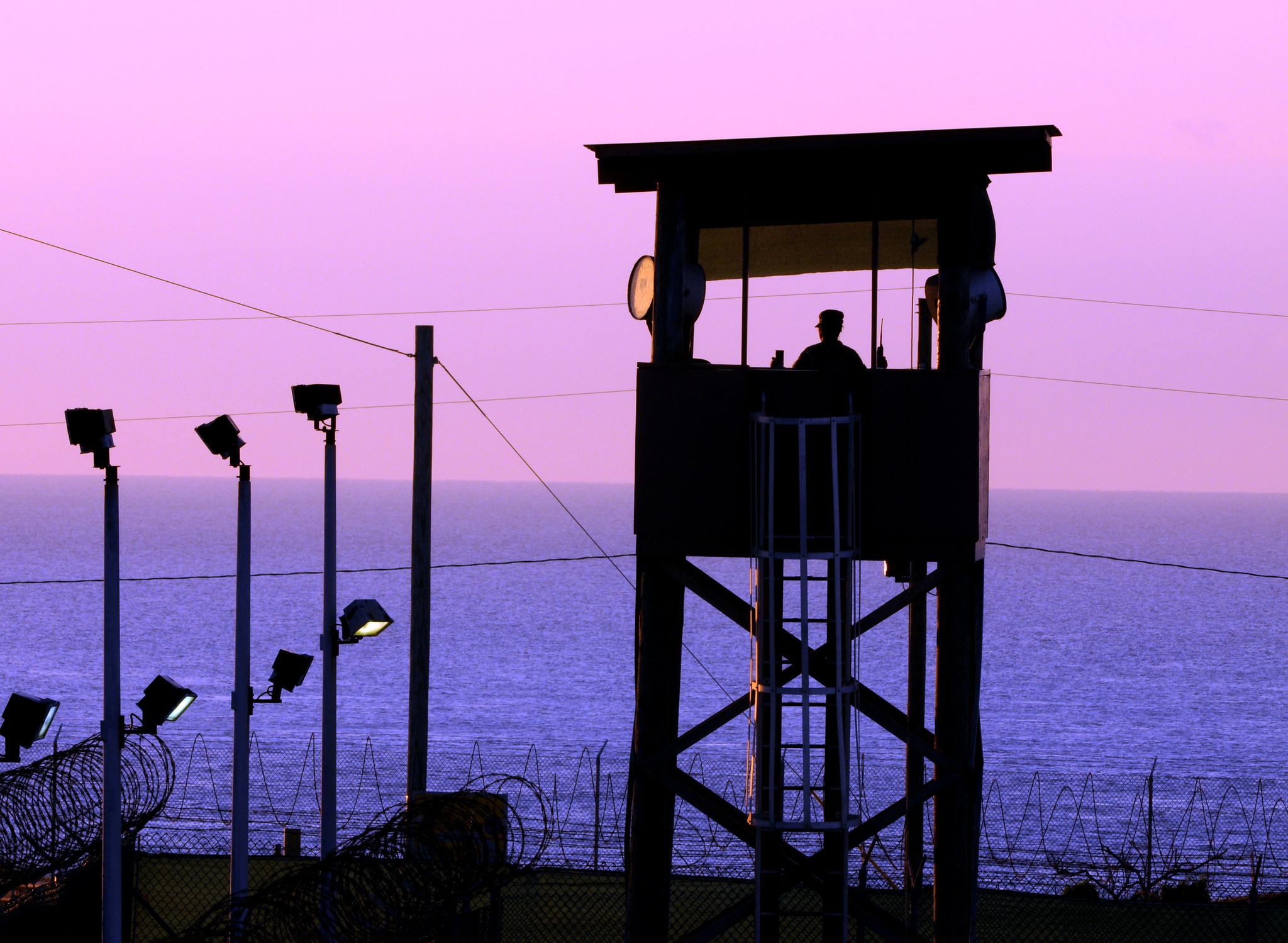Statement from Mark Martins on Day #1 of Al-Nashiri Motions Hearing
Published by The Lawfare Institute
in Cooperation With

Public confidence in these proceedings requires them to be as transparent as possible, while also guaranteeing the accused a fair trial and protecting other public interests under law. With court approval upon motions submitted by the prosecution, the Department of Defense now transmits all open commission proceedings, by closed-circuit television, to remote viewing sites located in the continental United States. Federal courts typically do not permit closed circuit viewing of proceedings; one must physically travel to the courthouse. Because Naval Station Guantanamo Bay, Cuba is a difficult place to reach, compensating transparency is achieved through these virtual viewing sites, which should be thought of as extensions of the courtroom. They are subject to the same operating procedures and rules of decorum, and television broadcasts are not permitted. Based on legal reasoning expounded in several Supreme Court cases, neither courts-martial nor civilian federal courts permit any radio or television broadcasts of criminal trials, though trials are open to the public and media and court sketches may be made. And any closure of proceedings must be based upon a compelling public interest preserved on the record for appellate review, with the narrowest of closure that is necessary, and after exploring all alternatives to closure. Embarrassment is not a legal basis for closure, nor is the fact that a law may have been broken. The Rules for Military Commissions incorporate this same balance of fair trial, free press, and protection of other public interests by using the court-martial and federal court public trial rule.
Some have questioned whether a military judge could ever be a fair and impartial arbiter of these proceedings. Under the Military Commissions Act of 2009, the convening authority does not command or supervise the military judge, and the military judge is subject to voir dire. This voir dire of military judges can be thought of as similar to the voir dire of federal judges that occurs during the advice and consent process in the Senate, but enabling the examination of a judge as to any connections with or attitudes about a particular case.
The impartiality of a trial judge is the pivot upon which the administration of justice turns. A corollary to this principle is that a judge must not recuse himself based on mere innuendo or the “gossamer strands of speculation and surmise,” as one federal appeals court has said. Mere speculation that a judge may have a financial motive is insufficient cause for a judge to recuse himself under federal and military law. Further, innuendo that the nature of a military judge’s appointment and pay results in a lack of independence and fairness has been made before and found wanting. The Supreme Court in the 1994 Weiss case ruled that the appointment of military judges does not deny due process. Moreover, federal trial judges routinely hear related cases and consider similar questions in the different cases. I recommend to you the issues related to impartiality in the briefs filed by the parties, including the government’s brief.


-final.png?sfvrsn=b70826ae_3)

